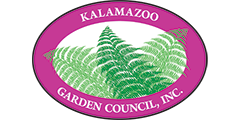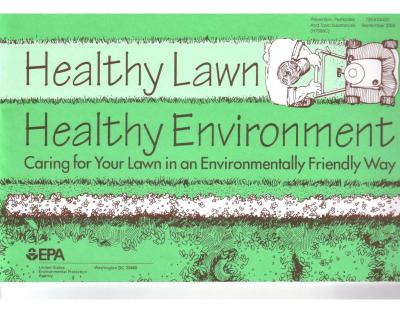April Environmental Report written by Denise Clegg
My husband has often said he didn’t go to college to be a grass farmer. However, much of his leisure time is spent taking care of the lawn. The perfect lawn is not a priority in retirement. So, I’m hoping that I can impart some wisdom from the Environmental Protection Agency (EPA) that will help you have a healthy relationship with your lawn.
Having a good preventive health plan for your lawn is the first step.
- Have reasonable goals for your lawn. Most family homes do not have perfect lawns. Consider this, who is going to benefit from that perfect lawn and is it a realistic goal?
- A great lawn starts with good soil. Have your soil tested annually. Take 10 soil samples from your lawn and mix them together then send that off for analysis. Amend the soil as recommended. Each year your entire lawn area will get closer to the good soil standard.
- Choose the right grass for your environment. Use that seed to fill in bare spots and to oversew thinning areas. When you have the right seed for the environment it will spread readily and your lawn will be thick and healthy.
- Mow high. The roots of your lawn will only grow as deep as the blades grow tall. 3 inches is the proper height. Leaving the clippings on the grass will return the nitrogen back to the soil.
- Water only when the lawn needs it. Most lawns need 1 inch per week. You’ll know your lawn is thirsty if the color is dull and your footprints stay compressed for more than a few seconds when you walk over it.
- Correct thatch build up. Thatch is the dead plant material that is between the green grass blades and the soil. It should be less than 1/2 inch.
For more in depth information follow this link to the EPA’s brochure, “Healthy Lawn, Healthy Environment. https://www.epa.gov/sites/production/files/2014-04/documents/healthy_lawn_healthy_environment.pdf You can also watch the EPA 11 minute video “Lawn Care Tips.” https://youtu.be/b4r88u8euYU I hope you have a fun summer and spend time in the lawn not on the lawn.
If you have environmental news to share send the the information to Denise Clegg at clegg_denise@yahoo.com and I’ll be happy to include in my environmental report.

